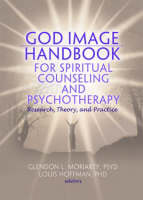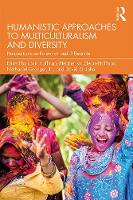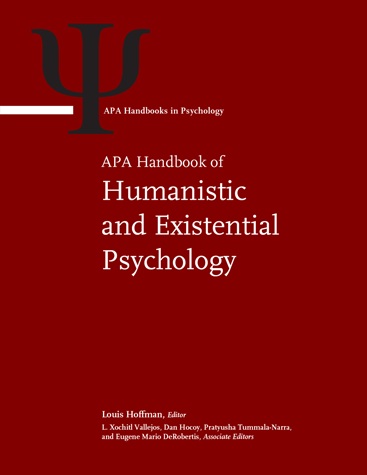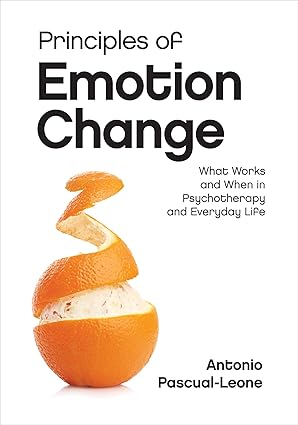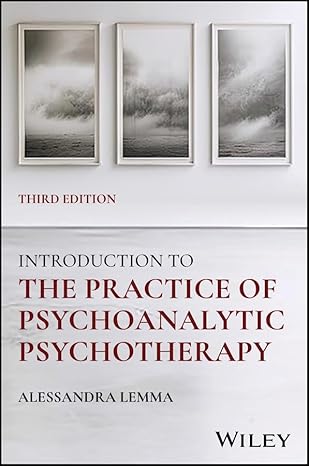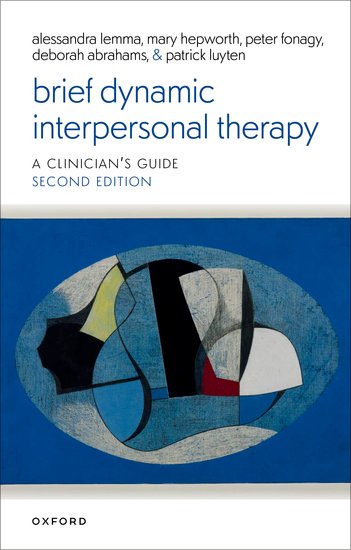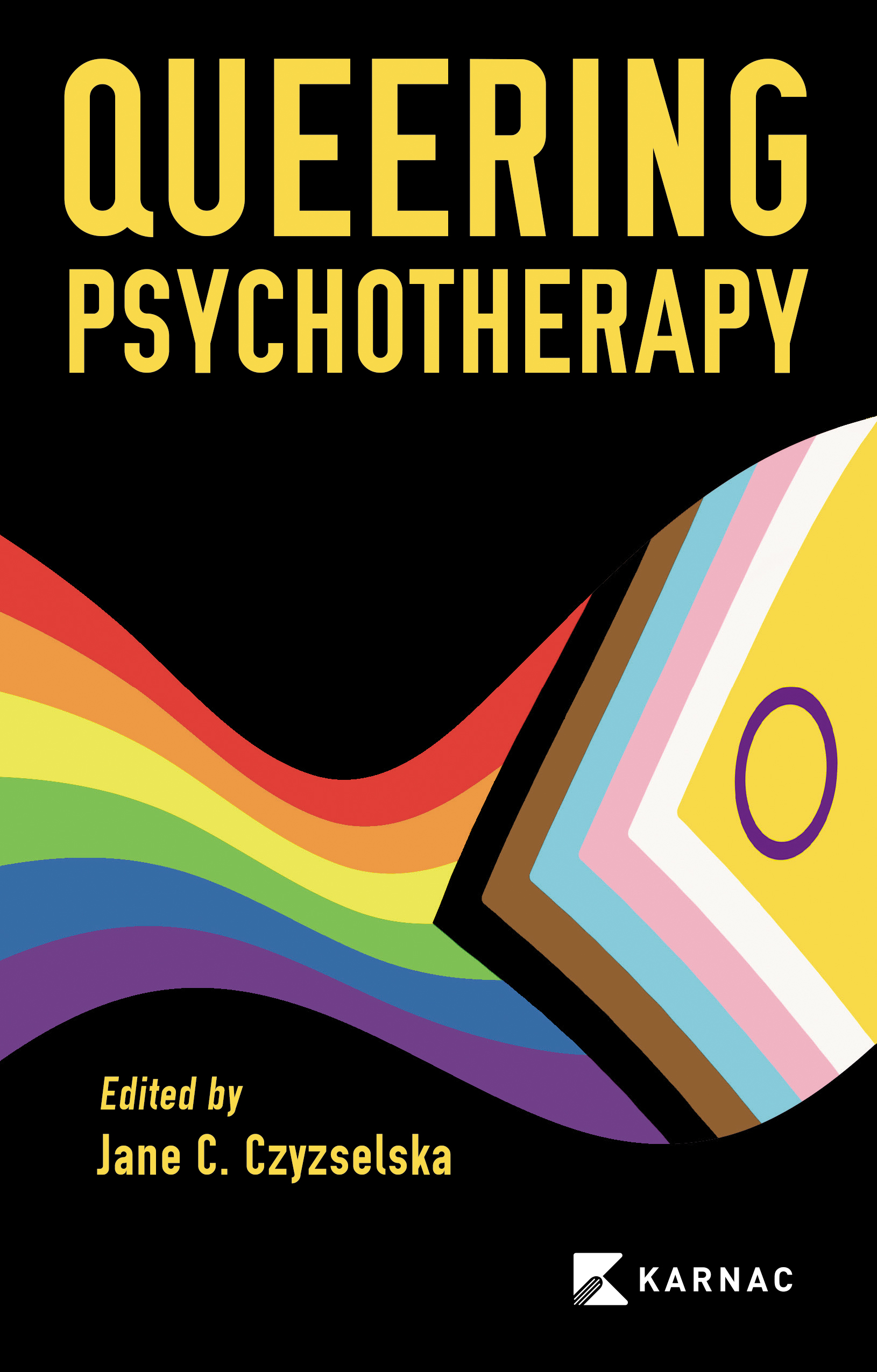Case Formulation in Existential-Humanistic Therapy
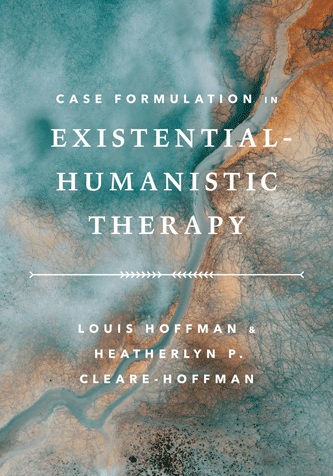
Book Details
- Publisher : American Psychological Association
- Published : June 2025
- Cover : Paperback
- Pages : 243
- Category :
Individual Psychotherapy - Catalogue No : 98346
- ISBN 13 : 9781433842948
- ISBN 10 : 1433842947
Also by Louis Hoffman
God Image Handbook for Spiritual Counseling and...
Price £56.99
There are currently no reviews
Be the first to review
This book presents a nonhierarchical, liberatory case formulation framework for existential-humanistic (EH) therapy that balances structure and adaptability.
The authors have developed a flexible template that prioritizes general principles and client collaboration over scripted procedures or techniques. It emphasizes EH therapy’s dynamic, creative approach while offering a structure that makes EH therapy easy to learn for students and to help practitioners meet insurance needs and to operate within regimented treatment settings.
Each section of the case formulation template is detailed in its own chapter. These chapters cover:
- holistic narratives of the client’s background and experiences;
- techniques for identifying the client’s concern/problem, putting the client’s perspective and systemic issues ahead of the diagnostic process;
- the theoretical aspects of case formulation, emphasizing important factors like the client’s strengths and resources, biopsychosocial influences, and existential challenges; and
- treatment planning based on the client’s evolving needs and goals.
A recurring case example illustrates how to fill out each of these sections and is supplemented by other case examples.
Reviews and Endorsements
Just in time, this volume addresses a gap in the resurging literature on existential–humanistic psychotherapy: the scarcity of guidebooks elucidating existential–humanistic assessment and case formulation. Drawing on an impressive array of quantitative and qualitative research, the authors have managed to put together a practical and philosophically faithful framework that can be readily accessed by both graduate-level trainees and seasoned professionals. In that light I am thrilled to recommend this book as a gateway to an existential–humanistic revival, both in the classroom and the clinic.
Kirk J. Schneider, PhD, editor of Existential-Integrative Psychotherapy: Guideposts to the Core of Practice
Hoffman and Cleare-Hoffman provide an innovative framework for contemporary existential–humanistic case formulation with a liberatory dimension. Drawing on rich clinical illustrations, this unique volume centers sociocultural context in existential–humanistic theory and translates theory to moment-to-moment interactions between client and therapist. It is a must-read volume for practitioners, educators, and researchers interested in a nuanced and holistic understanding of therapeutic process.
Pratyusha Tummala-Narra, PhD, Department of Counseling, Developmental and Educational Psychology, Boston College, Chestnut Hill, MA
I was thrilled to read this book! It makes clear why existential–humanistic approaches are central to any social justice-oriented therapy. The authors provide a foundation of respect in which therapy is tailored to clients within their own cultural contexts and experiences. Reading this book is even better than being able to peer into the sessions of eminent therapists, because you can both see their interventions and hear their thoughts on how best to empower and support clients. Students will love that the framing of the book is centered on focused case examples, allowing for a rich clinical understanding of how EH conceptualization develops across time when working with a client. I have long admired the leadership and expertise that these authors bring to existential–humanistic psychotherapy and appreciate the sensitivity they bring to each page. Students will learn how to apply interventions, but they will learn so much more as well. The text supports them to become truly responsive therapists in the service of their clients.
Heidi M. Levitt, PhD, Professor, Department of Psychology, University of Massachusetts Boston
Table of Contents
Acknowledgments
Introduction: A Phenomenological and Liberatory Approach to Case Formulation
1. A Framework for Existential–Humanistic Case Formulation
2. Existential–Humanistic Treatment Approaches: Identifying and Mapping Interventions
3. Case Example Introduction: Rasheeda
4. Brief Holistic Client Narrative
5. Concern or Problem Identification
6. Theoretical Aspects of the Case Formulation
7. Treatment Planning
8. Supporting Existential–Humanistic Interventions
9. Additional Case Illustrations of Existential–Humanistic Case Formulation
Epilogue: Concluding Thoughts on Existential–Humanistic Therapy Case Formulation
Appendix A. Existential–Humanistic Case Formulation
Appendix B. Recommended Reading for Existential–Humanistic Theory and Psychotherapy
References
Index
About the Author(s)
Louis Hoffman, PhD, is executive director of the Rocky Mountain Humanistic Counseling and Psychological Association and a licensed psychologist in private practice. He serves on the editorial boards of the Journal of Humanistic Psychology, The Humanistic Psychologist, and the Journal of Constructivist Psychology. He has been recognized as a fellow of APA and is the 2020/2021 recipient of the Rollo May Award of the Society for Humanistic Psychology (APA Division 32).
His interests include multicultural and social justice psychology, existential-humanistic therapy and evidence-based practice, and increasing access to psychotherapy and counseling.
Heatherlyn P. Cleare-Hoffman, PsyD, is a staff psychologist at the Gallogly Wellness Center at the University of Colorado at Colorado Springs. She previously was associate director for clinical training at Argosy University, San Francisco Bay Area; core faculty at the University of the Rockies, and clinical director at the Center for Growth. She was a keynote speaker at the 12th Society for Humanistic Psychology Annual Conference in 2019. Dr. Cleare-Hoffman's research interests include multicultural and international psychology, cultural rituals and festivals, and the psychology implications of Junkanoo for Bahamians.
Customer Reviews
Our customers have not yet reviewed this title. Be the first add your own review for this title.
You may also like
Principles of Emotion Change: What Works and When in Psychotherapy and Everyday...
Antonio Pascual-Leone
Price £42.30
save £4.70
Introduction to the Practice of Psychoanalytic Psychotherapy: 3rd Edition
Alessandra Lemma
Price £36.85
save £4.10
Brief Dynamic Interpersonal Therapy: A Clinician's Guide: Second Edition
Alessandra Lemma
Price £26.99
save £3.00


